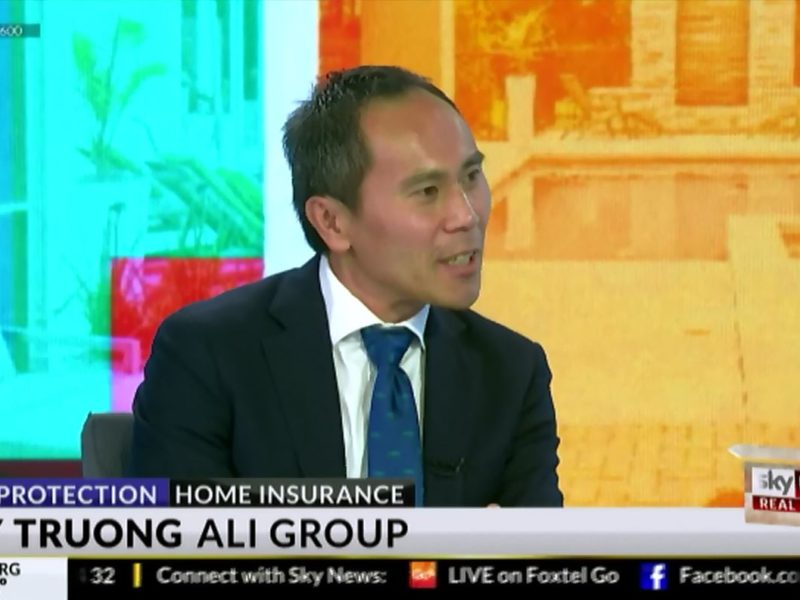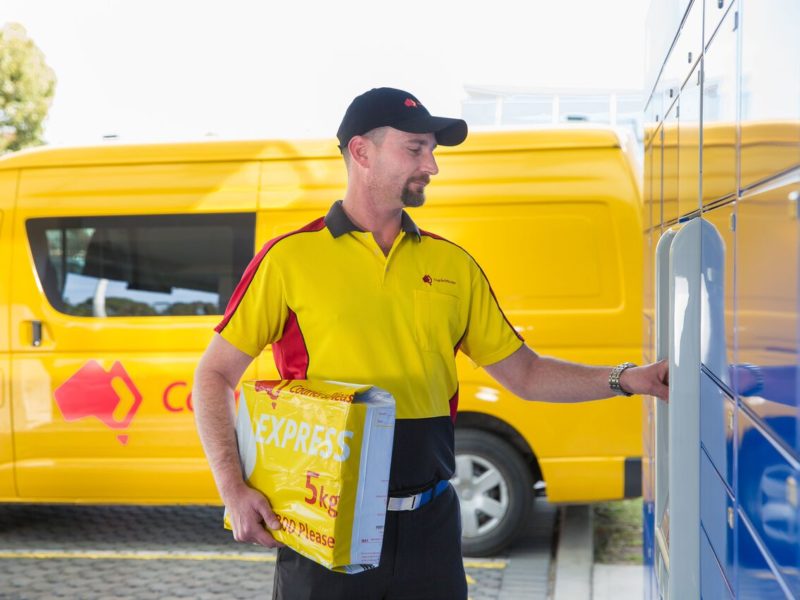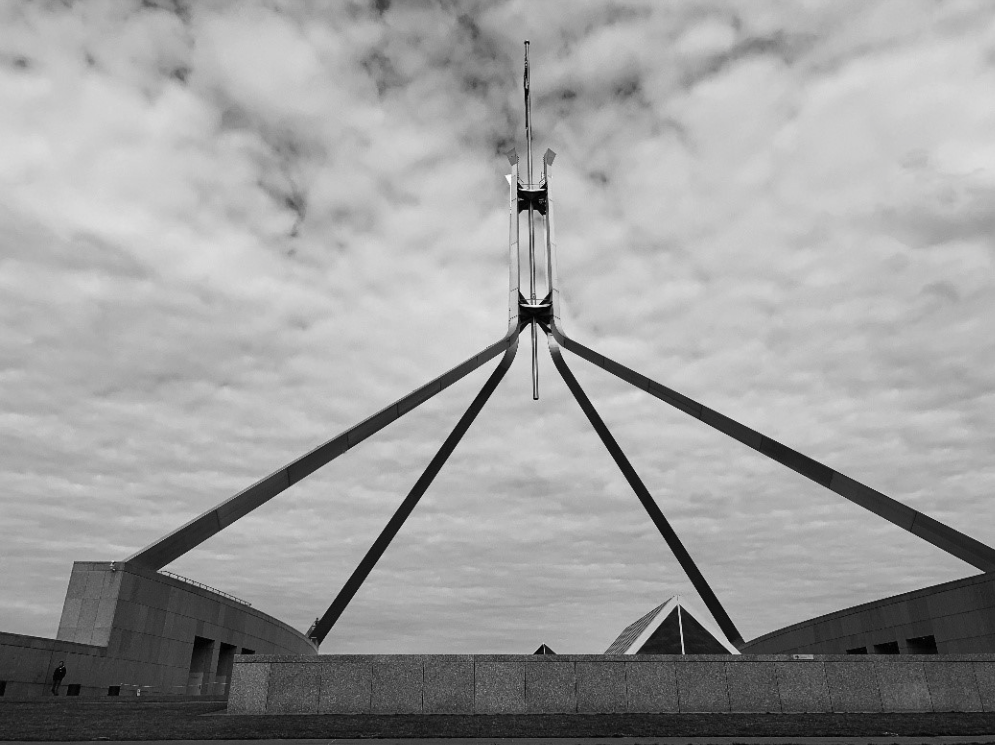Selecting the right spokesperson can be crucial to how your business is portrayed in the media.
Whether you’re aiming for coverage on general news websites, consumer media, TV, radio or podcasts, each outlet has unique needs.
A well-chosen spokesperson can convey the right brand persona to your target audiences, boost your brand’s credibility in the market and industry, help your brand resonate better with audiences, strengthen brand recognition, and ensure your brand is regularly available to provide commentary to the public.
Here’s how to choose wisely and maximise each media opportunity. In the end, the media will want to speak to the person who is best qualified to speak on the story being offered to them.
Why having one spokesperson makes it easier to build a brand in the media
A well-chosen spokesperson, ideally a seasoned company leader, helps avoid disruptions if there are team changes. Consider your CEO or a C-suite executive for stability. This also makes it easier for the media. If they think of an organisation or a topic they want to cover, they naturally think of a single person who they could go to for comment.
Horses for courses: The CEO is the best choice – but not every time
General news and business media often seek authority and perspective when interviewing a spokesperson. Naturally, they prefer to speak to the person ‘at the top’, the CEO.
So, for your company, aim to select a spokesperson who relishes keeping up with the trends in their industry, and with a passion for refining their media presentation skills.
The CEO is almost always the media spokesperson when an organisation wants to announce some news in the media, such as an acquisition, partnership, expansion, financial year results, funding or new product launches.
However, for stories that are more technical, CEOs are unlikely to have the technical expertise that enables them to speak broadly on the topic over the phone with a journalist. This is relevant for both B2B and B2C brands.
Imagine a technology company offering the media a story about how the Australian business sector would greatly benefit from some new AI technologies that are beginning to emerge. The CEO might not necessarily have the technical expertise to discuss the ins and outs of the technology the story is advocating. The company might assess that its Head of Technology has more knowledge to offer in a media interview, and will chose them as spokesperson in this instance.
For B2C brands – where consumer media are the targets – the best spokesperson might be one who can best resonate with its target consumer audiences. For instance, a food business offering the media a story about the nutritional benefits of its products might choose its inhouse dietitian or nutritionist as spokesperson, rather than its CEO. The nutritionist will have the knowledge to discuss the benefits of particular foods, food groups, food combinations and vitamins and minerals in relation to the company’s product. He or she will likely be able to answer any reasonable food- or product-related question offered by the journalist. The nutritionist or dietitian will also add more credibility to the brand, which – through the interview – is conveying that it takes its product’s nutritional benefits seriously, but employing a nutritional expert.
Aligning the spokesperson with the media’s audience makes the message more impactful and resonant. Research shows there should be a good fit between a brand’s temperament and the spokesperson’s image. In other words, choose a spokesperson whose image aligns with your brand disposition.
TV and radio: It’s about presentation
When it comes to TV and radio, it’s not just about what’s said—it’s about how it’s delivered. TV, in particular, values spokespeople who are articulate, confident and visually engaging. Body language, poise and expressiveness will deepen the brand’s credibility. On the other hand, radio and podcast interviews call for clarity and articulation, with a tone that feels friendly and conversational.
Media training can be invaluable here. The Ideas Suite’s consultants have expertise in coaching spokespeople on everything from body language and voice inflexion to key messages and pacing. With years of experience as journalists for major media, The Ideas Suite’s team has intimate understanding of what works—and what doesn’t—in media interviews.
Prepping and pepping up are key
To really make an impact, spokespeople need more than expertise; they need confidence, be able to articulate the brand’s key messages, and adaptability. Here’s what seasoned spokespeople exhibit:
- Adapt to different media channels: TV, radio, online video, or phone interviews each have unique demands. Some spokespeople thrive on TV; others shine in phone interviews.
- Able to deliver the brand’s key messages: Your spokesperson should be across the company’s messaging and key points, ideally with notes handy for phone interviews.
- Adapting to broad interview questions: They should be prepared for broader questions, like those on current events (economic and political contexts), to maintain a cohesive narrative.
- Knowing, and sticking to, your topics and key messages: Identify off-limits areas for discussion and ensure the spokesperson knows how to deflect diplomatically if needed. For instance, many brands make a point of staying out of politics or very controversial topics.
How to support your spokesperson
A well-prepared spokesperson reflects positively on your brand. Here are ways to help them succeed:
- Media briefing: Start with detailed briefing notes, covering the outlet, journalist, and potential questions and answers. Your PR agency should be able to get you questions that the journalist expects to ask you. This helps your spokesperson stay on message.
- Training tips for TV and radio: Media training should cover attire (no busy patterns on TV), body language (minimise hand movements, and maintain direct eye contact with the interviewer), tone of voice and key messages.
- On-call coaching: A quick call for last-minute guidance or reminders can boost confidence and consistency.
- Post-interview feedback: Your PR agency could debrief with your spokesperson after each appearance, offering constructive feedback.
The Ideas Suite offers one-on-one media training with in-house journalists skilled in tough questions and on-track responses. Selecting the right spokesperson means finding an expert who embodies your brand and can deliver key messages across media channels. With the right choice, your business can build its presence in the media.









